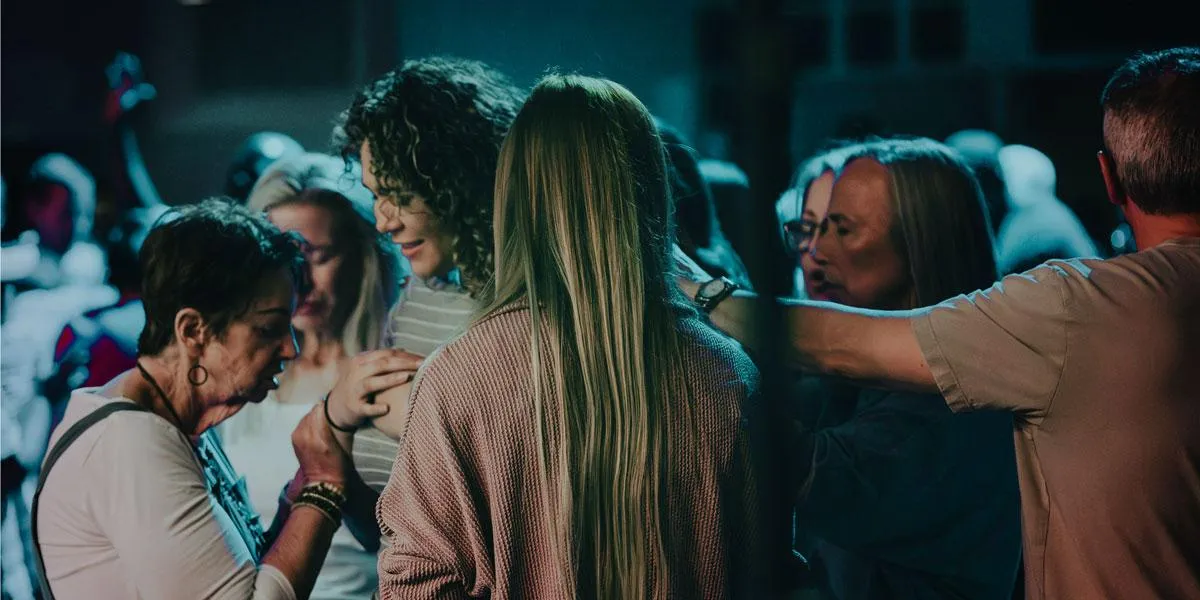
Church Residency Programs: The Essential Solution to Today’s Ministry Leadership Crisis
Introduction: A Leadership Crisis in Today’s Church

Across denominations and contexts, church leaders are sounding the alarm: the pipeline of next-generation ministry leaders is both shrinking and underprepared 1. Rising seminary tuition, increasing student debt, and a cultural drift away from institutional training have eroded both the quantity and quality of emerging leaders. Without an intentional strategy to develop, mentor, and empower tomorrow’s pastors, worship leaders, and ministry staff, congregations face a leadership vacuum that threatens their mission and impact.
Why Traditional Training Models Are Falling Short
Academic Isolation
Seminary and classroom-based programs often lack real-world ministry integration, leaving graduates adept at theological reflection but unprepared for the relational, administrative, and missional challenges of local church contexts 2.Rising Costs, Declining Enrollment
As tuition climbs, fewer prospective leaders can afford full-time residential programs—shrinking incoming cohorts and exacerbating the leadership gap. In 2024-25, tuition plus room and board averaged over $23,000 annually 3.Passive Learning Culture
Book reports and lecture-based assignments foster passive information consumption rather than active skill development. Emerging leaders often finish training with limited practice in preaching, pastoral care, and team leadership 4.Lack of Sustainable Mentorship
Sporadic or volunteer-based mentorship can leave trainees without consistent feedback loops, stunting their growth and eroding confidence. When mistakes go unaddressed, unhealthy patterns take root and retention suffers 5.
Together, these factors contribute to a dual crisis: fewer ministry trainees entering the legacy system and those who do are ill-equipped for vibrant, contextualized ministry.
The Residency Solution: Intentional, Church-Based Training
Church residency and internship programs with integrated (not bolt on) academic delivery offer a cost-effective, contextualized, and mentored alternative that directly addresses these pain points:
Embedded Learning in Real Ministry
Residents engage in actual church roles—youth outreach, worship planning, pastoral care—while pursuing academic credit as an integrated component of their development. Every assignment is tailored to their ministry context, ensuring immediate application of course concepts 6.Structured Mentorship (Usually Weekly)
A dedicated coach -- ideally a staff member, but can be offsite, as needed -- meets with each resident weekly to debrief challenges, set growth goals, and practice new skills. This “eyes-on” model builds trust, accountability, and rapid development far beyond what sporadic supervision or traditional academic grading and feedback can achieve 7.Toolbox and Framework
Rather than reinventing every component, churches adopt a proven “framework and toolbox” system:Framework: Core degree tracks, scope-and-sequence maps, and assessment rubrics provided that supercharge real competency and capacity growth in real time, leveraging the best of academics for their designed purpose.
Toolbox: Customizable resources—case studies, project templates, and content libraries—that churches can adapt to their unique vision, DNA, and God-given realities 8.
Focus on Real Time Application and Skill
Grounded in Jesus’ mandate to “teach them to obey (apply, not simply think about) all I have commanded,” programs emphasize deliberate practice over rote information. Residents practice preaching, leadership, program development, building discipleship relationships, and pastoral care under real conditions and seasoned oversight, then reflect and iterate 9.Cultivating a Lifelong Learning Mindset
Residents learn to extract real actionable insights from any book or resource—recording them in a growth portfolio and discussing their application with mentors. This habit fosters continuous development long after the residency year(s) 10.
By addressing the dual crisis—declining numbers and underprepared leaders—church-based residencies restore both volume and quality to the leadership pipeline.
Fast-Tracking Success Through Strategic Partnership
Launching a program like this can feel daunting for churches already stretched thin. That's why Eleven:6 developed a ready-made ecosystem that can be tuned to fit any unique church dynamics and delivers critical advantages:
Accelerated Launch Planning
Gain access to turnkey curriculum rails, mentorship training modules, and implementation timelines proven across multiple contexts. Cut launch time and cost dramatically and avoid common pitfalls 11.Accredited Academic Pathways
Offer 30–60 credit hours at an affordable rate, ensuring residents earn recognized credentials alongside hands-on experience.Ongoing Coaching & Support
From site leader training to cohort oversight, our team provides continuous guidance—ensuring you establish healthy mentorship rhythms and effective feedback loops.Scalable Partnership Model
Embed local church authority into every stage while leveraging university-level quality control. A portion of tuition revenue can also fund global ministry projects, extending your impact overseas 12.
Practical Next Steps for Church Decision-Makers
Evaluate Your Vision & Capacity
Identify strategic ministry priorities and resource bandwidth.Engage in a Discovery Call
Let our team walk you through case studies, sample frameworks, and launch timelines—tailored to your context.Pilot a Cohort
Start with 1–4 residents to test processes, refine mentorship practices, and gather feedback.Scale Sustainably
Leverage our framework-and-toolbox resources and ongoing coaching to grow each year, ensuring continual improvement and impact.
Conclusion: Securing Tomorrow’s Leaders Today
In a landscape where traditional training models are failing to produce sufficient, well-equipped ministry leaders, church residency and internship programs represent an essential innovation. By embedding academic learning within real-world ministry, structuring intentional mentorship, and partnering with an experienced organization, churches can reverse the leadership decline, equip a new generation of obedient, skilled leaders, and amplify their mission both locally and globally. The time to act is now—your next generation of ministry leadership depends on it.
Learn more about Eleven:6's Church Residency program options, including two Quick Launch programs to get started right away.
Footnotes
https://malphursgroup.com/why-every-church-needs-a-leadership-pipeline/ ↩
https://www.faithonview.com/what-is-the-average-cost-to-attend-a-christian-college/ ↩
https://effectivechurch.com/seminary-and-ordination-are-keeping-u-s-christianity-from-thriving/ ↩
https://www.xpastor.org/staffing/staff-policy/residency-programs-in-churches/ ↩
https://research.lifeway.com/2025/05/05/church-leadership-residency-cultivating-tomorrows-leaders/ ↩
https://chalmers.org/blog/dont-reinvent-the-wheel-learning-from-others-in-ministry-design/ ↩
https://www.thegospelcoalition.org/article/training-christian-leaders-an-urgent-need/ ↩
https://www.missioalliance.org/seminary-for-the-rest-of-us-theological-education-isnt-just-for-pastors-anymore/ ↩
https://www.newchurches.com/article/bold-approaches-to-funding-residencies/ ↩
https://multiplyvineyard.org/residency-could-change-your-ministry-and-your-family/ ↩

